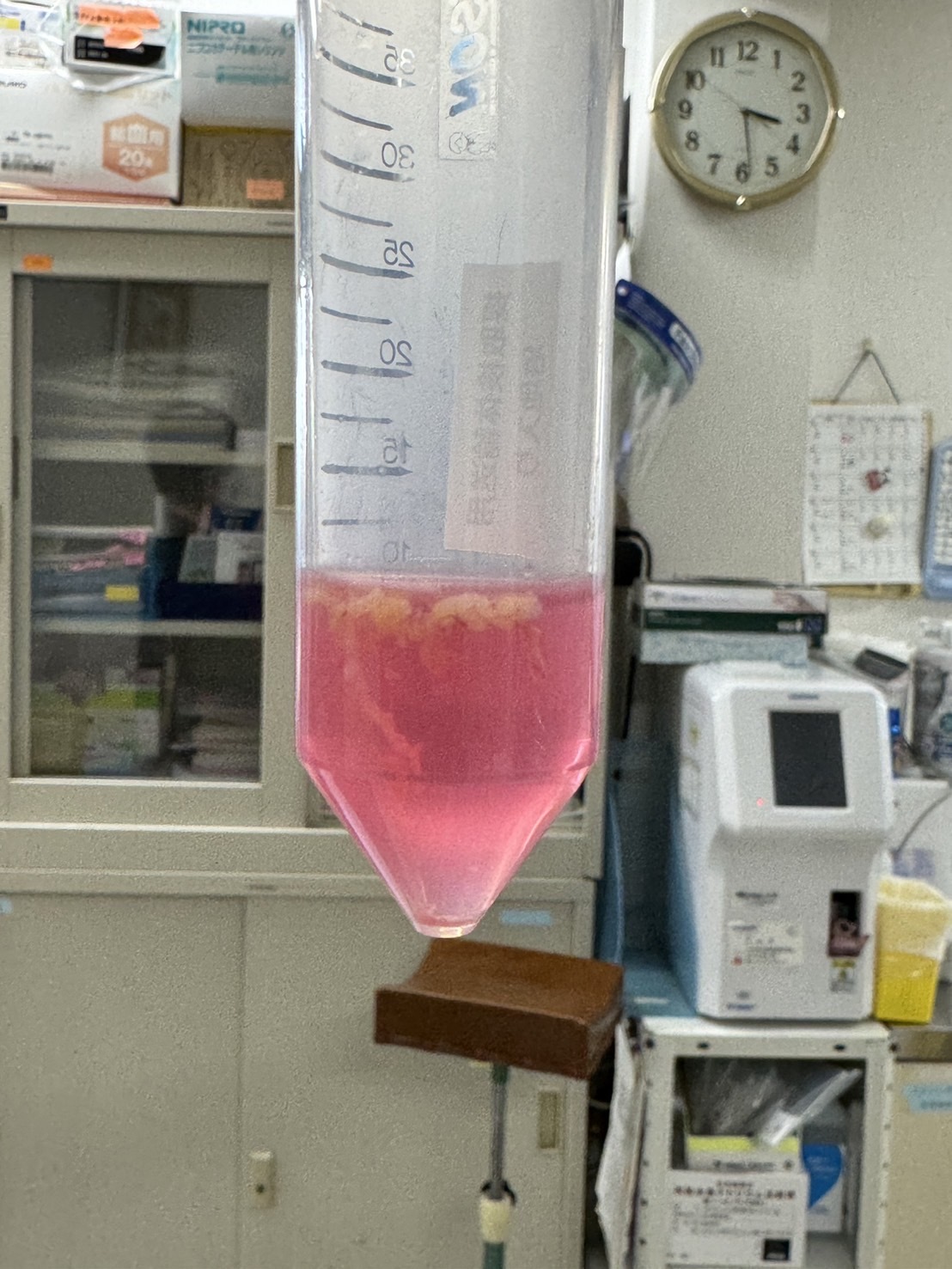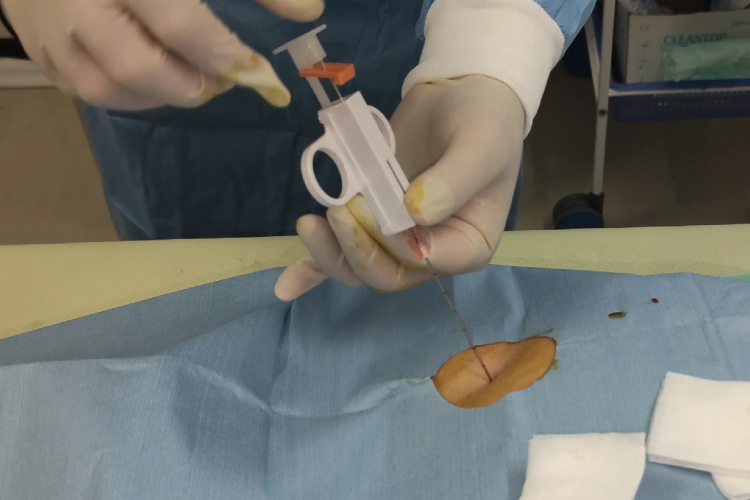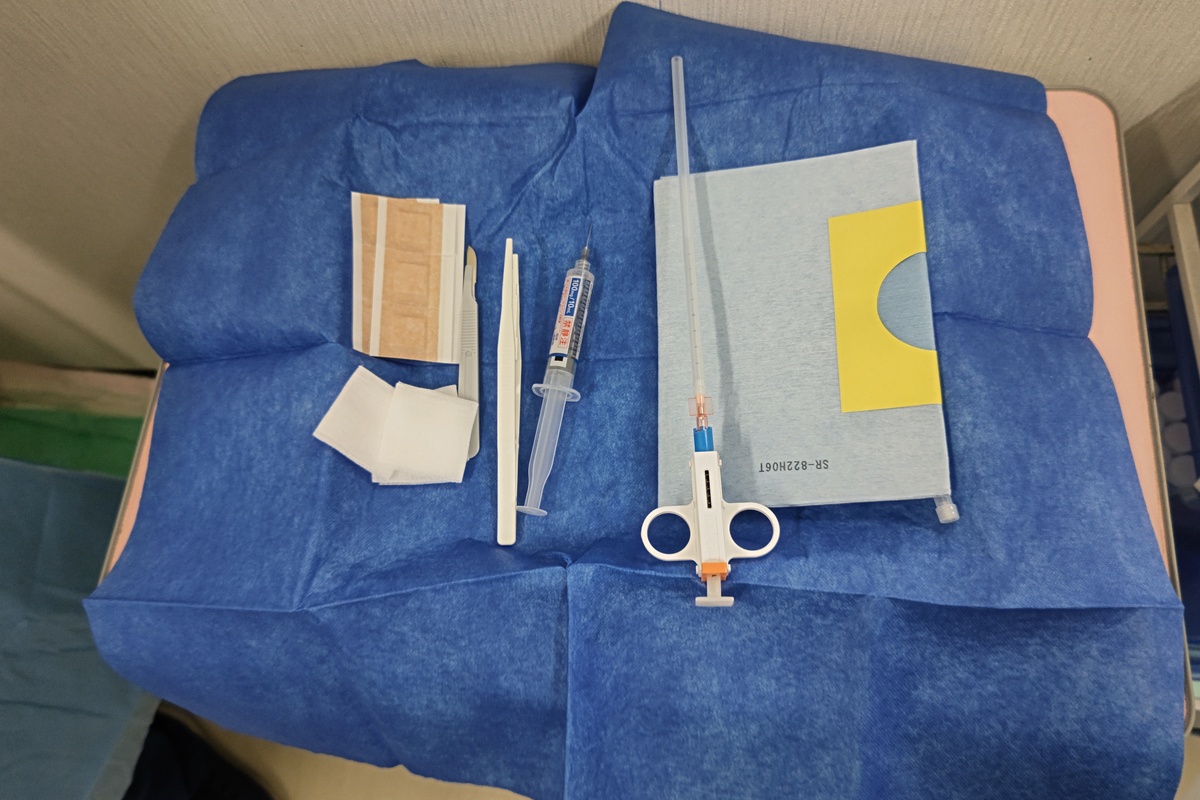- regenerative medicine
- Internal Medicine
Liver Dysfunction Treatment Using Autologous Adipose-Derived Stem Cells【Saito Internal Medicine Clinic】






for more information about this program,
please contact us here
please contact us here